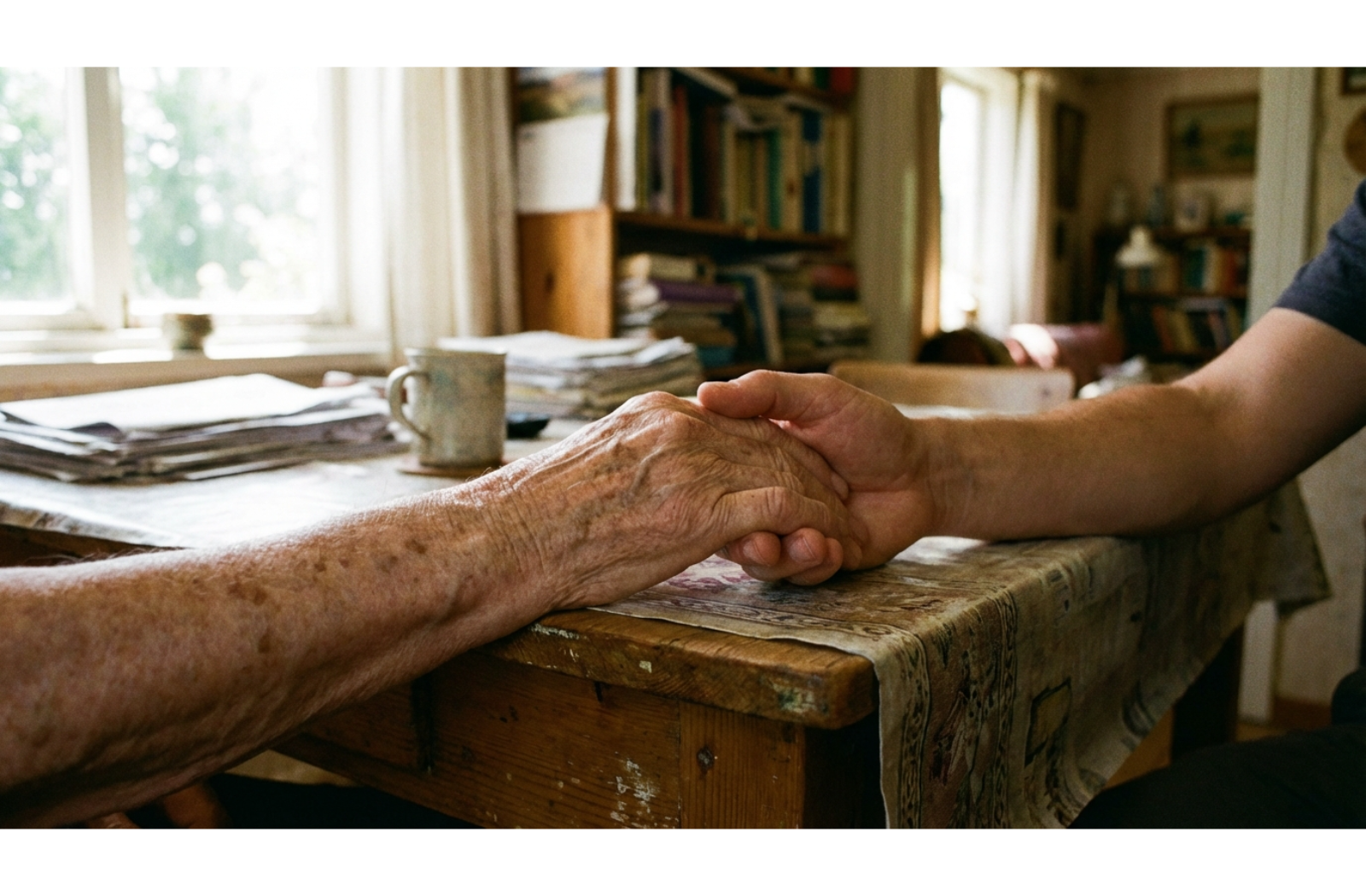When to Move from Assisted Living to Memory Care
- Posted on
- By Mira Vie Senior Living

As your loved one’s memory challenges progress, it’s natural to wonder when they’ll need to move from assisted living to memory care.
If safety concerns, escalating cognitive needs, or difficulties expressing physical challenges are compromising your loved one’s well-being, it may be time to consult with their caregivers and explore the specialized support offered by memory care options.
At Mira Vie Senior Living, we recognize how challenging this process can be. That’s why we’re here to offer compassionate guidance and helpful insights to ease the transition and create a path forward that prioritizes your loved one’s safety and well-being.
Assisted Living vs. Memory Care: Key Differences
Understanding the differences between these kinds of care is important if you want to ensure that your loved one receives the support they need.
Assisted Living
This care option is designed for seniors who need minimal help with daily activities and want to maintain a sense of independence. Residents of assisted living receive help with tasks like medication management, meal preparation, and transportation, but they have the freedom to come and go as they please.
Assisted living is ideal for older adults who don’t require intensive medical care or round-the-clock supervision. However, for seniors living with dementia, the more open and less-restrictive environment of assisted living can pose safety concerns, particularly as dementia-related symptoms like wandering and/or disorientation develop.
Memory Care
This specialized type of care is tailored to individuals with Alzheimer’s or other forms of dementia. Memory care communities provide a secure environment with 24-hour supervision, specialized activities that promote mental engagement, and a lower staff-to-resident ratio to provide personalized attention.
When to Move to Memory Care
Every situation is unique, but certain signs indicate that it’s time to consider a move to memory care. In particular, you should look for:
Safety Concerns
If your loved one is wandering, forgetting medications, or experiencing unexplained injuries, their safety may no longer be adequately supported by assisted living.
Cognitive Needs Outpacing Support
When cognitive challenges become more pronounced, your loved one may struggle to connect with others in assisted living or may feel out of place in group activities. This can lead to isolation and a decline in their overall well-being.
Difficulty Expressing Physical Challenges
Conditions like stiffness, fatigue, or pain can manifest as frustration or “challenging” behaviors in people living with dementia. Without specialized care, these needs may go unaddressed.
If any of these signs resonate with your experience, it may be time to consult with your loved one’s caregivers and explore memory care options.
Tips for a Smooth Move
Transitioning to memory care is a significant life event. It can feel overwhelming both for the individual as well as their families. However, with proper planning and support, the process can be made much easier.
Simplify the Experience
When introducing your loved one to the idea of memory care, keep explanations simple and positive. Overloading them with details may cause unnecessary stress. Instead, focus on the benefits: a safe, welcoming environment where your loved one will receive the care they need.
On move-in day, limit the number of people involved. Having a small, familiar group be present during the move can create a calmer atmosphere.
Maintain Familiar Routines
Structure and routine are incredibly comforting for people living with. Share details about your loved one’s daily habits, favorite activities, and personal preferences with the community’s care team. Doing so will help staff create a personalized plan that fosters a sense of normalcy and comfort.
Acknowledge Your Feelings
It’s natural to feel a mix of emotions—relief, guilt, even grief—when transitioning a loved one to memory care. However, keep in mind that this decision is rooted in love and the desire to maintain your loved one’s quality of life. Lean on the community’s staff and outside support groups to help you navigate these emotions.
Communicate Openly
Engage with the memory care staff to stay informed about your loved one’s progress and care. Regular visits and consistent communication can reassure both you and your loved one that they’re supported and valued.

Why Memory Care Matters
Moving to memory care isn’t just about addressing safety concerns—it’s about enhancing your loved one’s quality of life. Memory care communities are designed to nurture residents’ cognitive abilities and foster social connections.
At Mira Vie Senior Living, we’re dedicated to supporting families through this transition. Our memory care team is here to provide compassionate guidance for your loved one to feel at home while receiving the specialized care they deserve.
If you’re considering memory care for your loved one, reach out to us. Together, we’ll help you find a path forward.
Related Articles

Understanding Various Types of Assisted Living Contracts
Key Takeaways Senior living communities offer several contract types, including those with large entrance payments